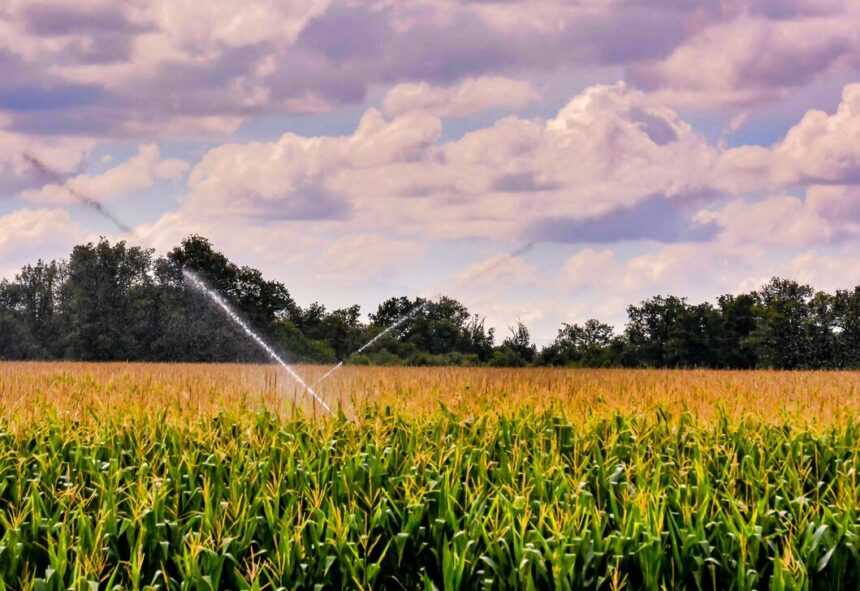Smart farming technologies are revolutionizing agriculture worldwide, offering South African farmers innovative tools to increase efficiency, sustainability, and productivity. Here are ten techniques that South African farmers can adopt to leverage smart farming technologies effectively:
- Precision Agriculture: Implement precision agriculture techniques using satellite imagery, drones, and GPS technology to monitor and manage crop health, soil conditions, and irrigation levels. This data-driven approach optimizes inputs like fertilizers and pesticides, reducing costs and environmental impact.
- IoT Sensors: Deploy IoT (Internet of Things) sensors across the farm to collect real-time data on temperature, humidity, soil moisture, and crop growth parameters. These sensors enable farmers to make informed decisions, automate irrigation, and detect anomalies early.
- Remote Monitoring: Use remote monitoring systems to track livestock health, behavior, and location. Connected devices such as collars or ear tags equipped with sensors provide insights into animal welfare and optimize feeding schedules.
- Automated Irrigation Systems: Install automated irrigation systems that adjust water delivery based on real-time soil moisture data and weather forecasts. This reduces water waste, ensures optimal crop hydration, and supports drought resilience.
- Data Analytics and AI: Utilize data analytics and artificial intelligence (AI) algorithms to analyze large datasets from sensors and drones. AI can predict crop yields, detect diseases early, recommend optimal planting times, and optimize supply chain logistics.
- Vertical Farming: Embrace vertical farming techniques such as hydroponics or aquaponics, which use controlled environments and minimal water resources to grow crops vertically stacked. This approach maximizes land use efficiency, reduces water consumption, and extends growing seasons.
- Blockchain for Traceability: Integrate blockchain technology to enhance traceability and transparency in agricultural supply chains. Farmers can track produce from farm to market, verify certifications, and ensure food safety standards, thereby gaining consumer trust.
- Robotics and Automation: Introduce robotic solutions for tasks like planting, harvesting, and sorting. Autonomous vehicles and robotic arms equipped with AI can perform repetitive tasks efficiently, reducing labor costs and improving operational efficiency.
- Weather Forecasting: Access weather forecasting tools tailored for agriculture to anticipate weather patterns, frost alerts, and extreme weather events. Timely weather information allows farmers to adjust planting schedules, protect crops, and optimize resource allocation.
- Smart Pest Management: Implement smart pest management systems that use sensors to monitor pest populations and deploy targeted interventions. Integrated Pest Management (IPM) strategies reduce reliance on chemical pesticides, promoting ecological balance and crop health.
By adopting these smart farming techniques, South African farmers can enhance sustainability, profitability, and resilience in the face of climate change and market challenges. Embracing technology-driven solutions not only boosts agricultural productivity but also contributes to food security and rural development across South Africa.
Join 'Farmers Mag' WhatsApp Channel
Get the latest Farming news and tips delivered straight to your WhatsApp
CLICK HERE TO JOIN






